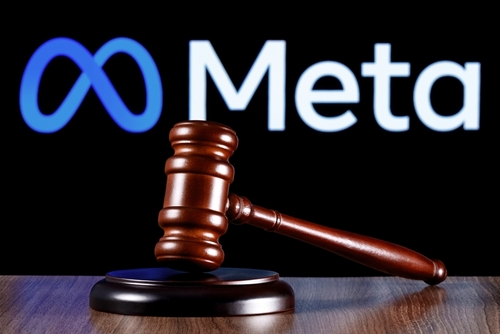DC Circuit strikes down Medicaid work requirements in Arkansas

Image from Shutterstock.com.
On Friday, the U.S. Court of Appeals for the District of Columbia Circuit struck down work requirements for Medicaid recipients approved for use in Arkansas.
The court said the U.S. Department of Health and Human Services acted in an arbitrary and capricious manner when it approved the demonstration program known as Arkansas Works in 2018.
Judge David Sentelle wrote the opinion. A press release is here.
The work program required Medicaid beneficiaries aged 19 to 49 to work or be engaged in educational, job training or job search activities for at least 80 hours per month. Some beneficiaries, including those caring for children under age 6, were exempted.
The work requirements took effect for those ages 30 to 49 in June 2018 and for those ages 20 to 29 in January 2019. A federal court vacated approval and halted the Arkansas program in March 2019.
The appeals court said the primary objective of Medicaid is to provide health coverage to those who can’t afford it, and any demonstration program must be likely to promote that objective. But after Arkansas Works was implemented, more than 18,000 people lost coverage.
The secretary of HHS failed to consider whether the Arkansas project would result in coverage loss. That failure is arbitrary and capricious, the appeals court concluded.
The secretary had said Arkansas Works would encourage Medicaid beneficiaries to obtain employment, which has been correlated with better health outcomes.
The government may have been hoping to incentivize healthier outcomes or more engagement in health care, but that objective lacks textual support in the Medicaid law, the appeals court said.
“While furnishing health care coverage and better health outcomes may be connected goals, the text specifically addresses only coverage,” Sentelle wrote.
Plaintiffs challenging the requirement were represented by the National Health Law Program, the Legal Aid of Arkansas, the Southern Poverty Law Center and Jenner & Block.
The case is Gresham v. Azar.



